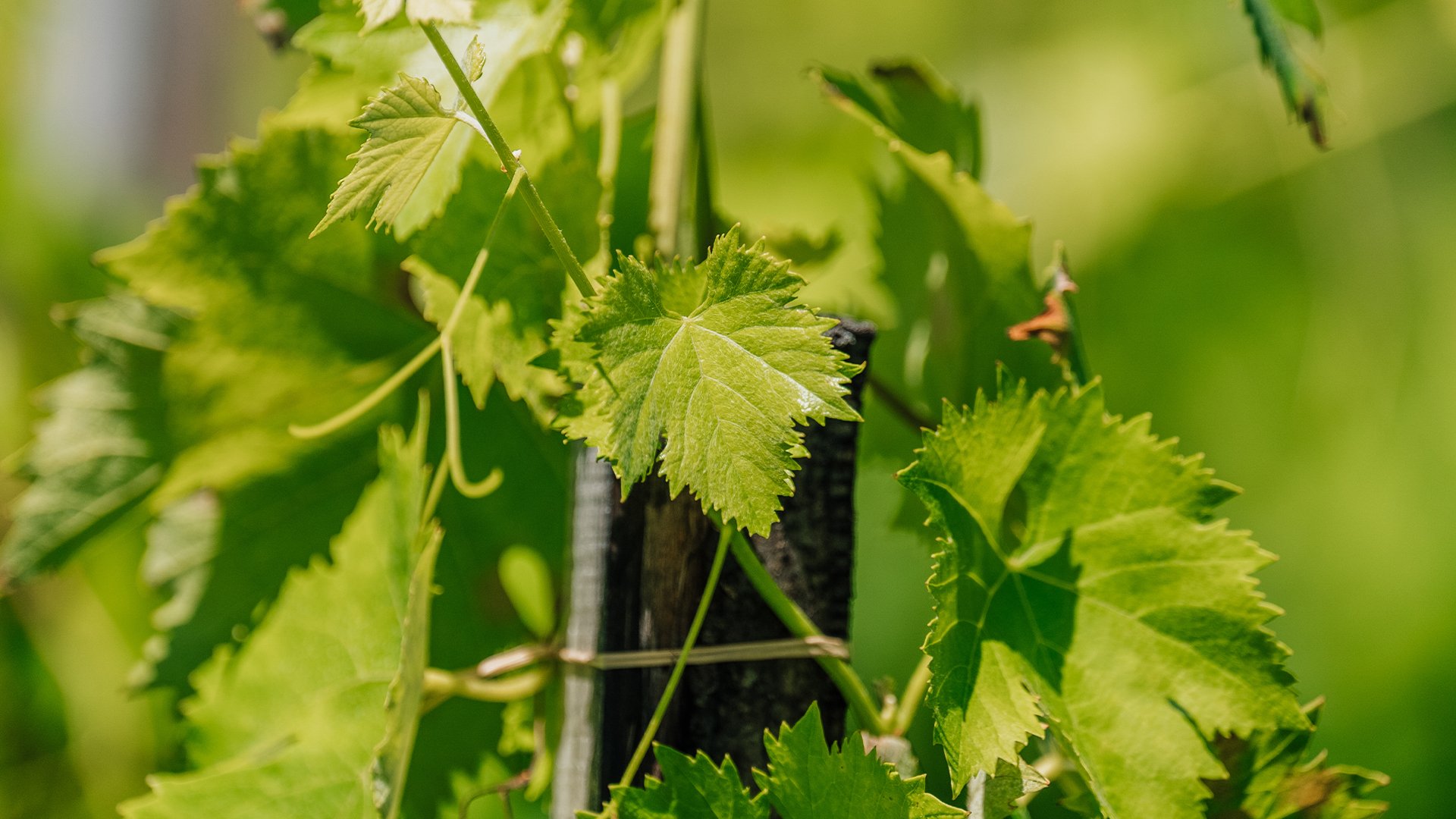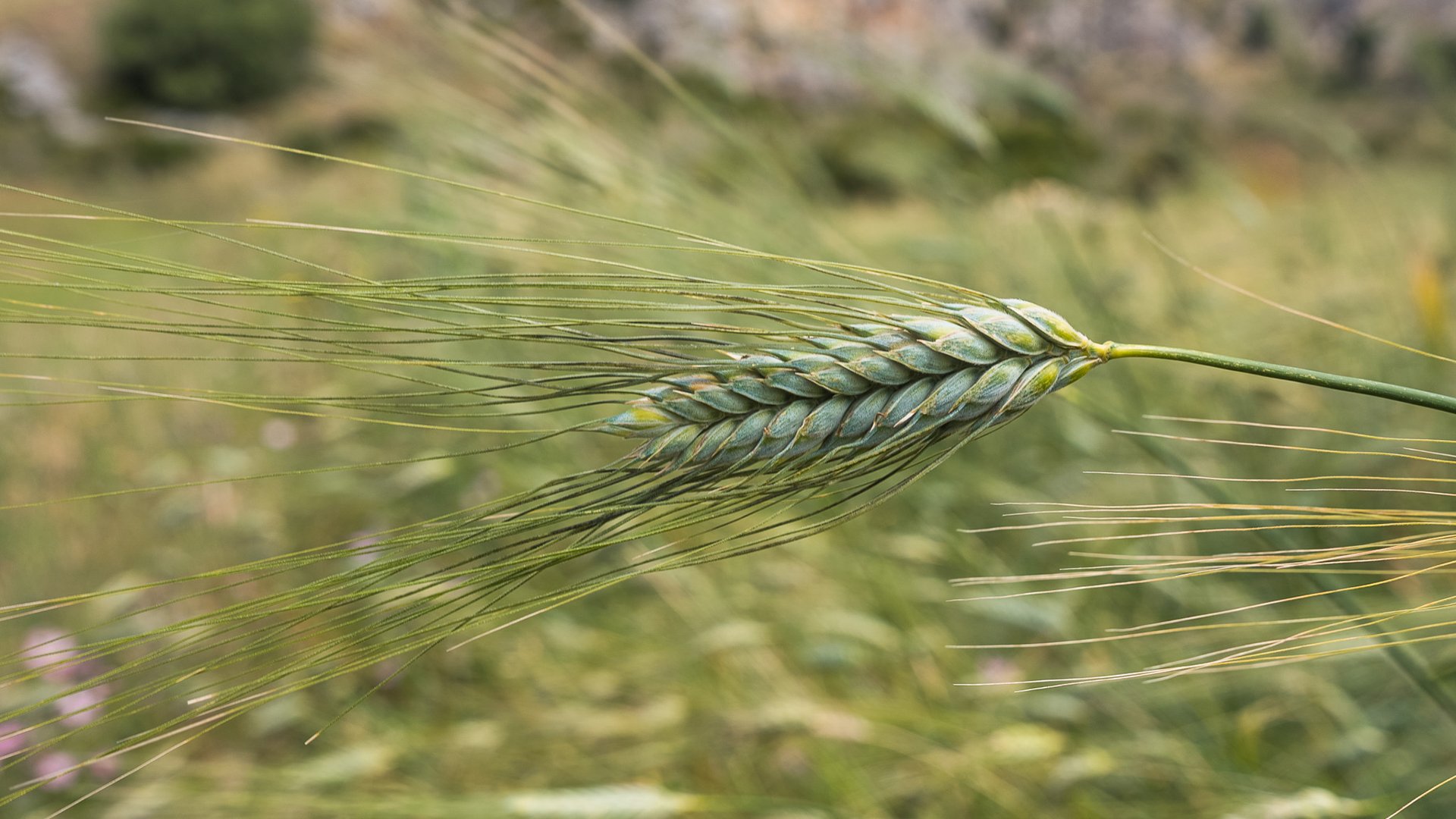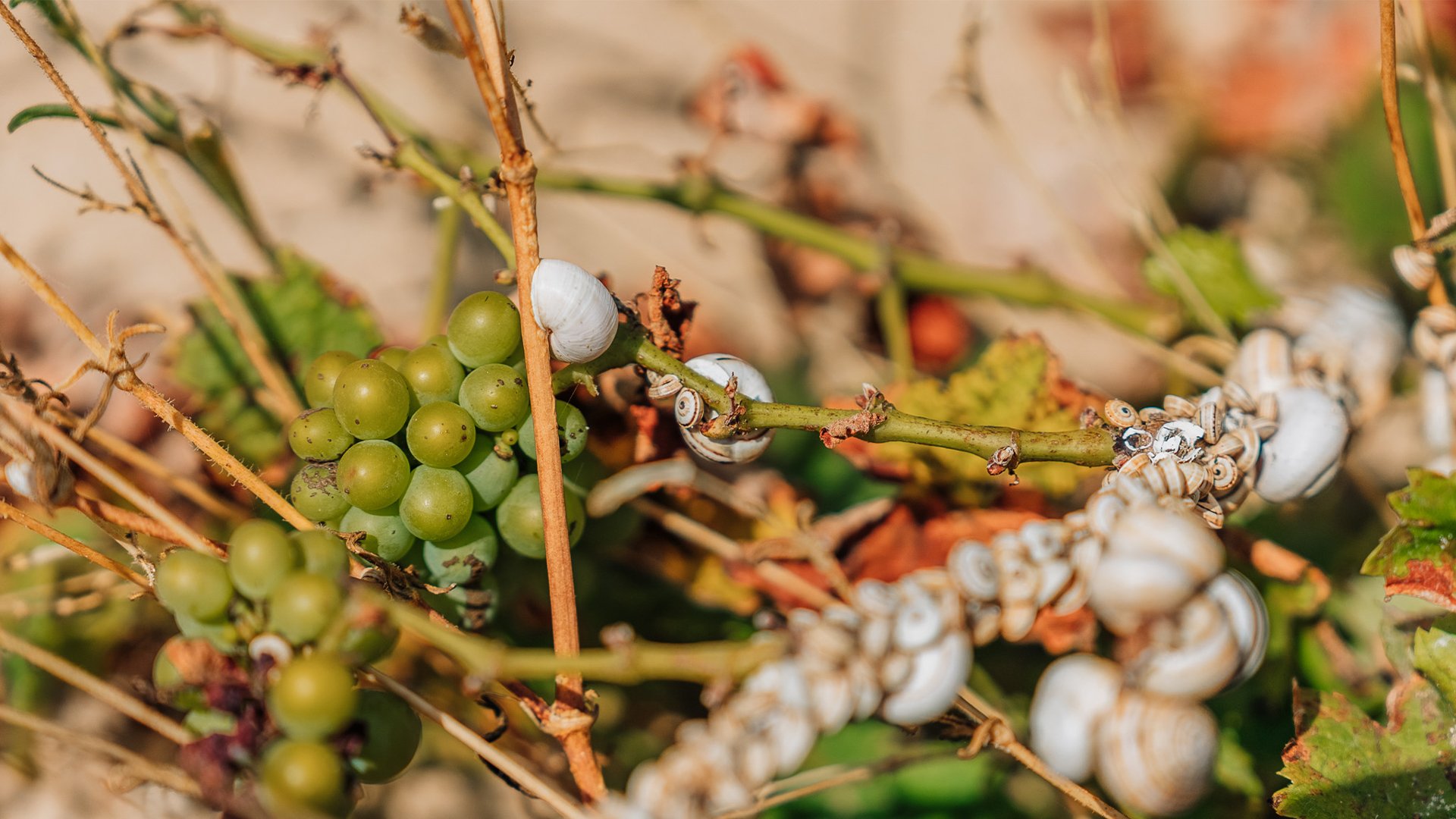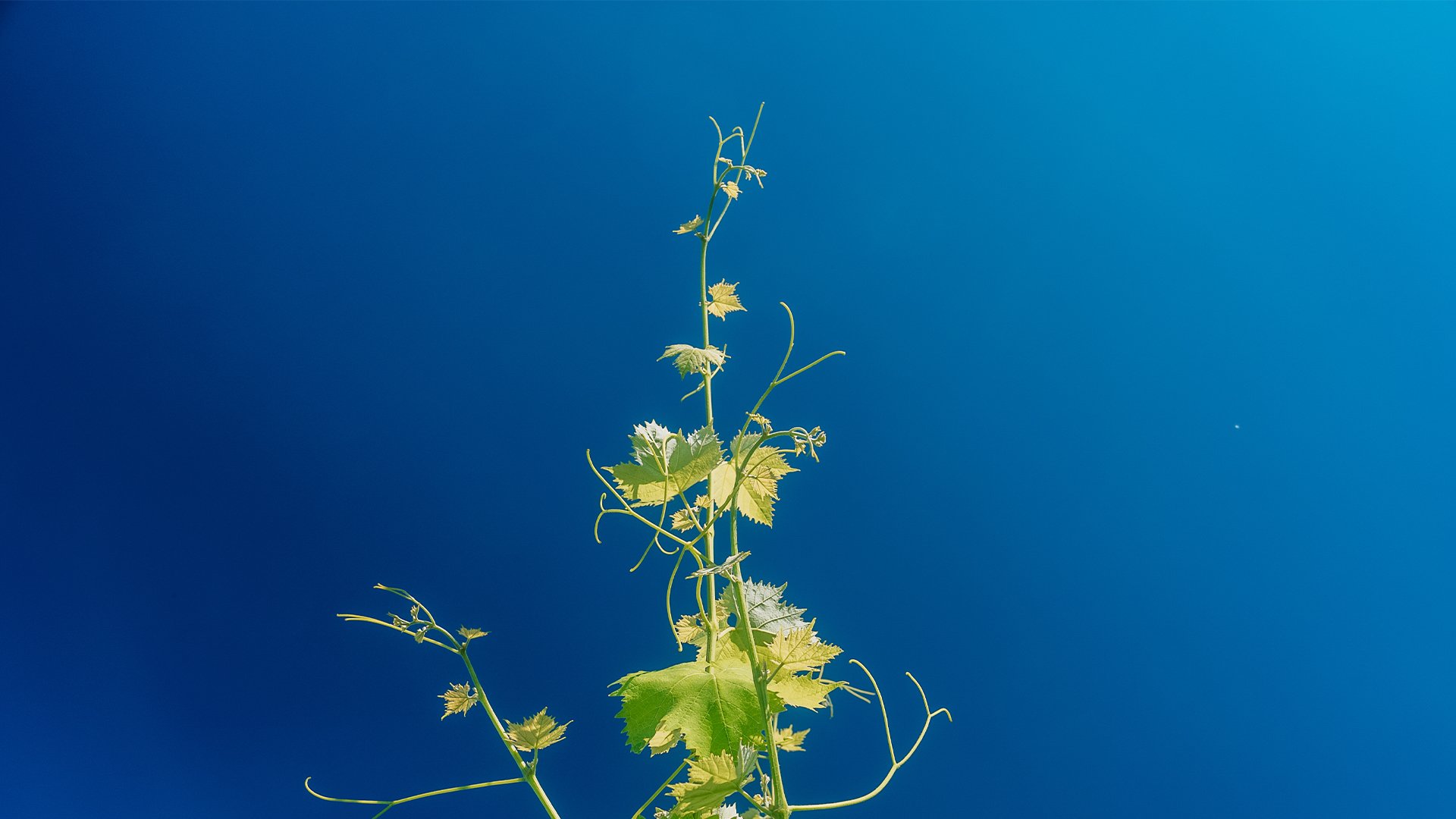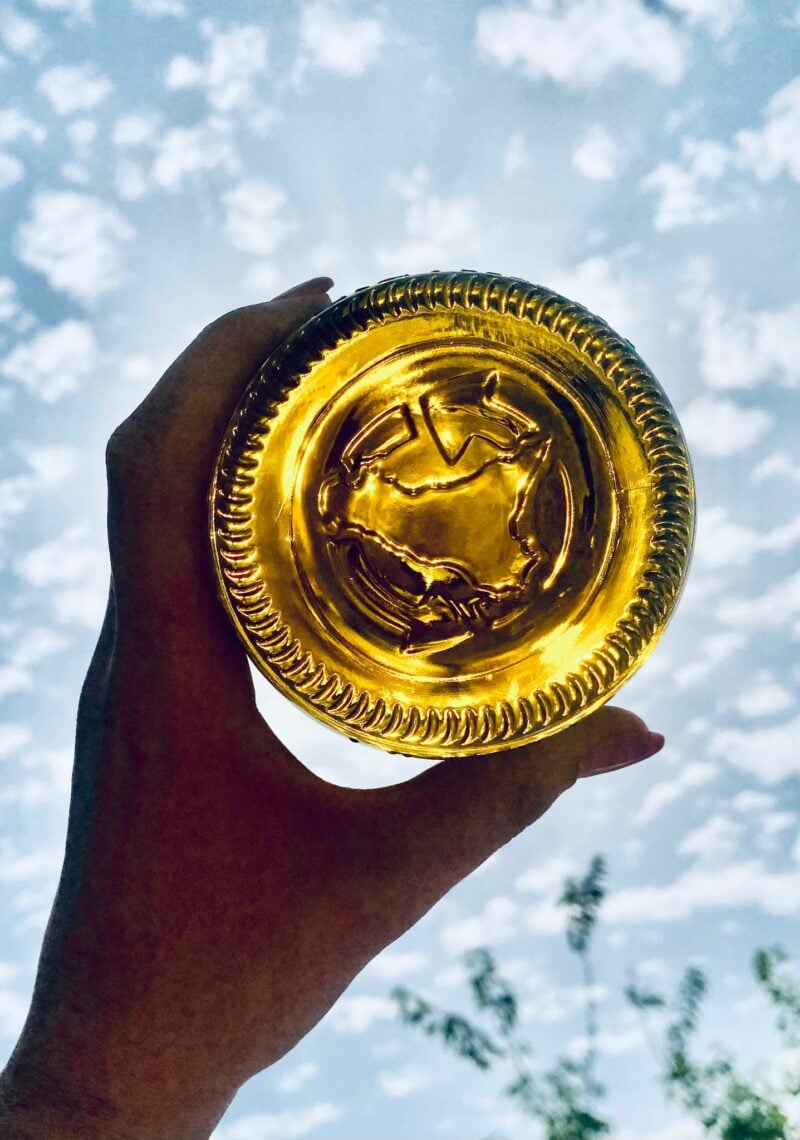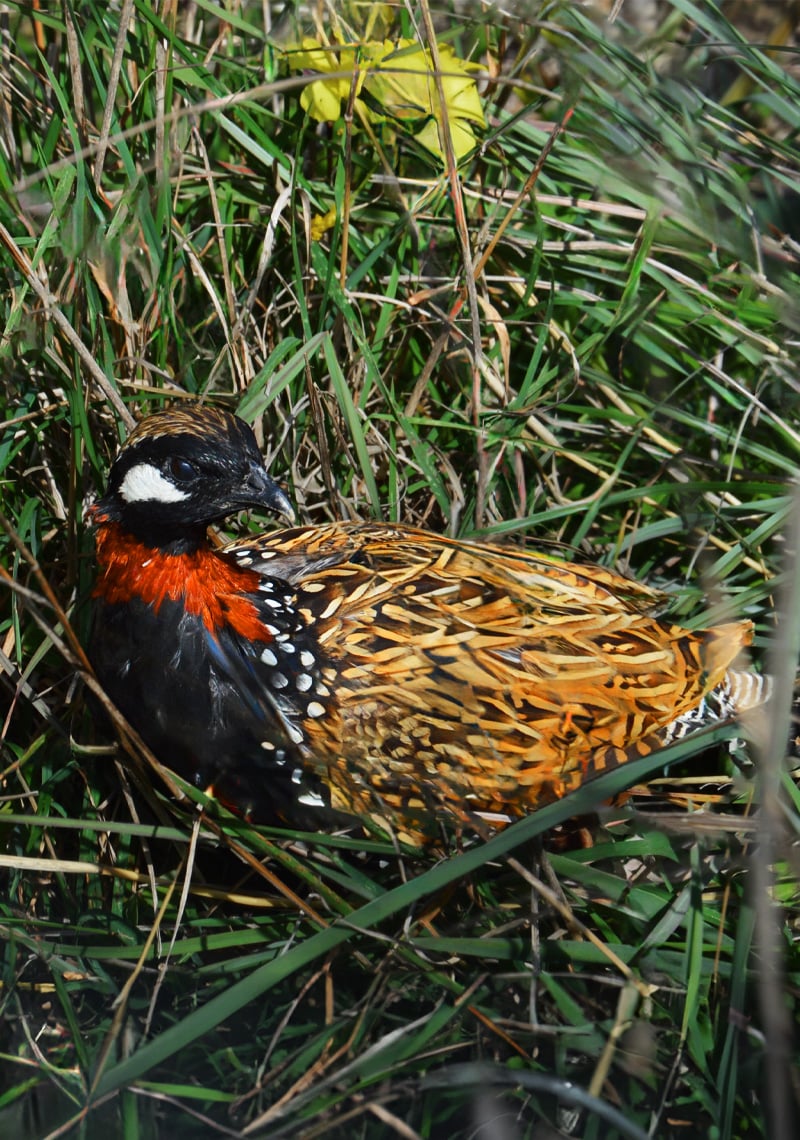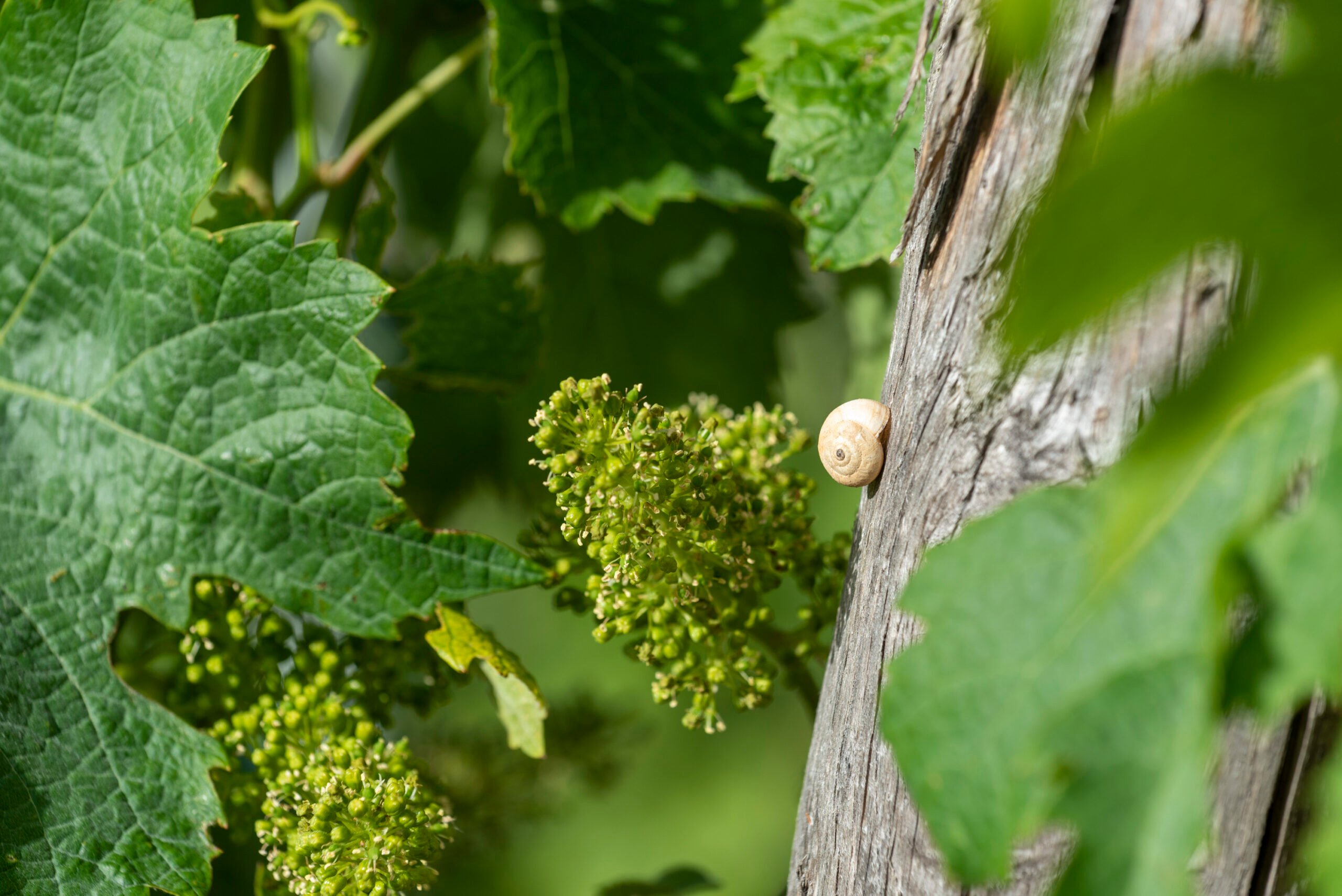For a winery, this work today needs to be defined in a broader and more ambitious way.
Economically sustainable, ecologically attentive, socially equitable: since day one, our production has adhered to the three “e’s” that define modern viticulture.
In addition to implementing enological practices that are sensitive to the ecosystem and aimed at enhancing environmental quality in the long term, some of our projects are entirely oriented towards sustainability. One such example is the La Baronia estate in Capo Milazzo. But this is not enough. Our role is made effective by the comprehensive social responsibility actions we undertake: protecting production in individual territories, preserving landscapes and traditions, initiating special projects, and promoting culture.
